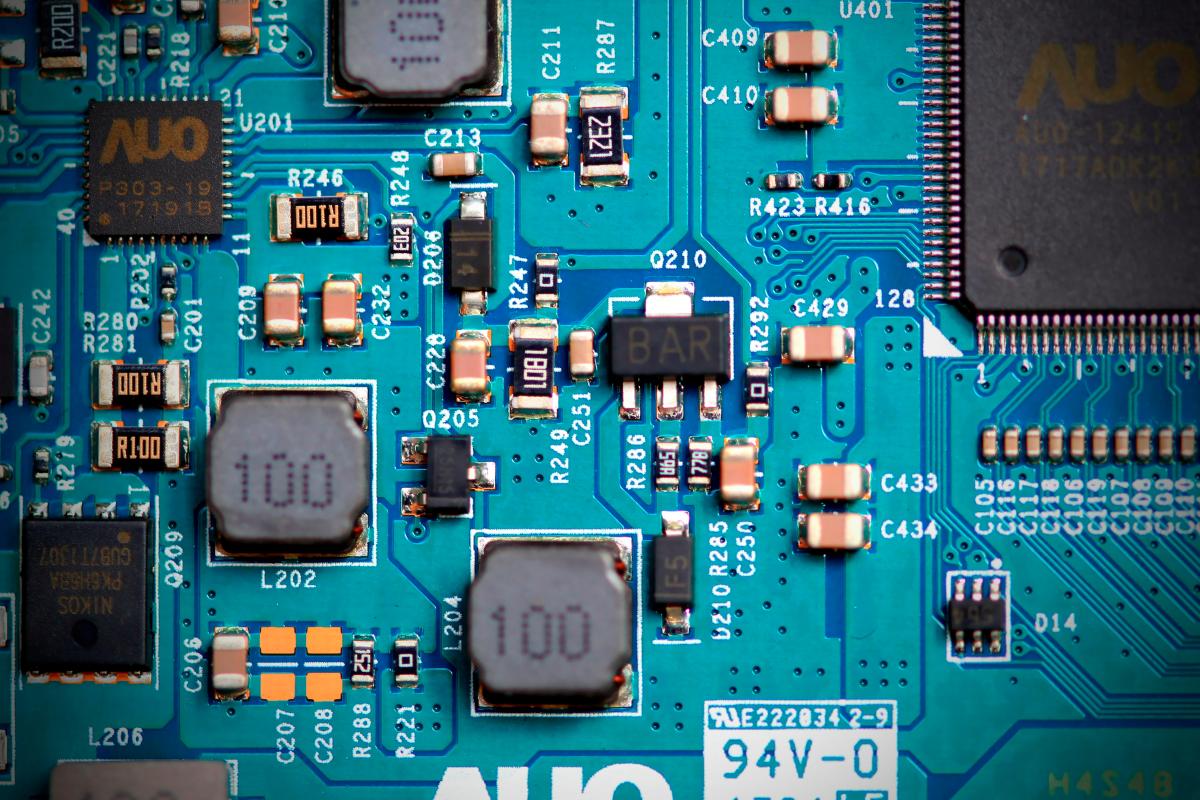PETALING JAYA: Malaysia Semiconductor Industry Association (MSIA) welcomed the government’s recognition of the semiconductor industry as a key driver of Malaysia’s economy.
Ahead of Budget 2026, the industry looks forward to bolder measures that will strengthen Malaysia’s competitiveness and accelerate their climb up the semiconductor value chain, moving from Made in Malaysia to Made by Malaysia under the National Semiconductor Strategy (NSS).
“Budget 2026 is a golden opportunity for Malaysia to move from Made in Malaysia to Made by Malaysia. By delivering targeted cost relief, talent incentives, and stronger support for research, development, commercialisation and innovation, we can accelerate the implementation of the National Semi-conductor Strategy and secure Malaysia’s place as a global semiconductor powerhouse,” said MSIA president Datuk Seri Wong Siew Hai.
Semiconductors are the backbone of modern technologies, powering artificial intelligence (AI), 5G networks, electric vehicles, data centres, and the future of digital industries.
By strengthening this industry, Malaysia not only secures its role in global supply chains but also enables growth across other high-tech industries.
MSIA Budget 2026 key recommendations include managing rising costs of doing business by seeking relief on stamp duty (exemptions for employment and intercompany contracts, deferment and clearer guidelines) and Sales & Service Tax relief for broader B2B exemptions, relief for capital-intensive industries, investment-linked exemptions supported by incentives for energy efficiency and automation investments.
MSIA hopes the government would introduce the policies to diversify export markets, grants for supply chain resilience, and the introduction of a Qualified Refundable Tax Credit to offset the impact of the Global Minimum Tax and sustain Malaysia’s investment competitiveness besides calling for a special funding by the government to enhance the quality of education in STEM and AI in schools and universities.
MSIA also recommends focusing resources on a few public universities such as UniMAP, USM, UTM, and others, as semiconductor centres of excellence, to ensure resources are not spread too thin and are better utilised to support the semiconductor industry and the need to encourage more students to pursue STEM studies, to strengthen the talent pipeline by providing tax relief and incentives for parents of students pursuing STEM.
The industry also requests for targeted tax relief for engineers, especially those in design and development, smart manufacturing and advanced equipment to encourage and retain talents in Malaysia.
MSIA said Malaysia needs to emulate other countries in utilising foreign STEM graduates and global expertise to fill immediate gaps and support Malaysia’s pursuit of advanced design and development for greater innovation success.
It added that, to support the Made by Malaysia initiative, enhance supply chain resilience, strengthen economic complexity, and move further up the value chain – particularly in IC and system design, software and hardware, advanced fabrication, packaging, and equipment technology – they look forward to a strategic announcement in Budget 2026. Such an announcement would help motivate and fund these critical efforts, ensuring Malaysia stays ahead of the competition and achieves the goals of the NSS.
In addition to all the above, MSIA said the government should look at continuing to improve the ease of doing business with faster approvals for investment incentives, an updated Licensed Manufacturing Warehouse (LMW) framework that includes R&D and design-led firms, and facilitation of material movement between different companies’ entity within LMW and Free Industrial Zone.
The industry, it added also seeks for a streamlining of Certificate of Completion and Compliance processes, as there are differing requirements across states which creates inefficiencies and higher compliance costs for companies investing nationwide.
There need to be a plan to upgrade customs systems countrywide and thus speeding up the customs approval processes for both imports and exports.
In short, the industry hopes Budget 2026 will deliver targeted cost relief, regulatory streamlining, talent incentives, and strategies to initiate the shift from Made in Malaysia to Made by Malaysia and accelerate the implementation of NSS.









